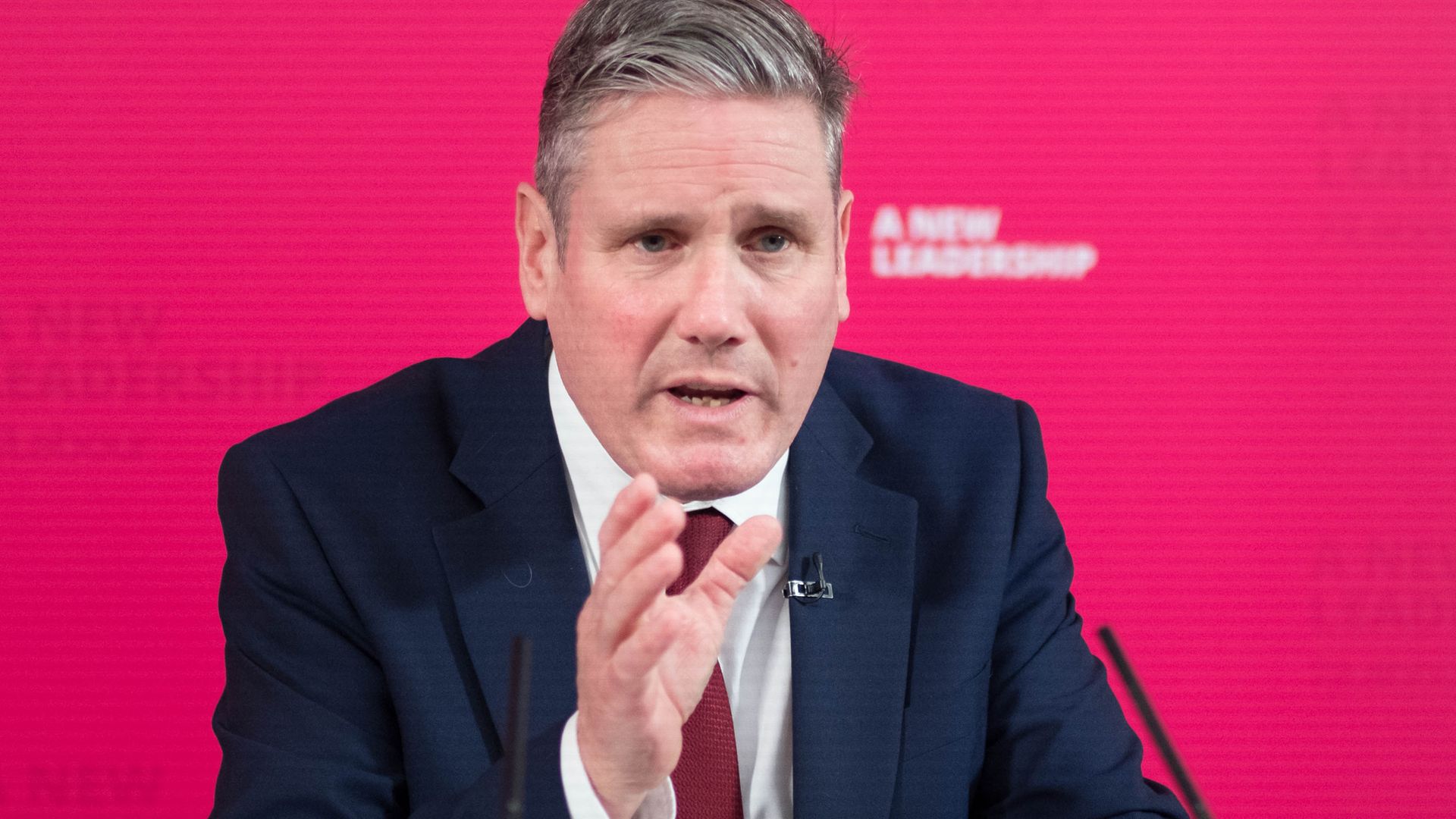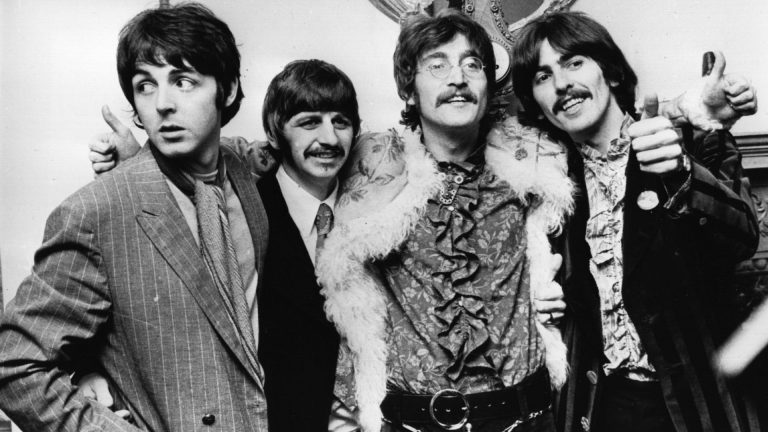
Earlier this year Keir Starmer called for a 1945 moment, but he has yet to outline what it involves.
In June last year, Ed Miliband was asked on The Andrew Marr Show whether Keir Starmer was going to be a better leader of the Labour Party than he had been. “Definitely,” he responded, adding: “I certainly never had his approval ratings”.
Today, Starmer is experiencing the kind of “under pressure” headlines more familiar to past Labour leaders, with criticism of his strategy and political management.
So what’s happened? It has clearly been an unusual time for an opposition leader. Travel has been limited, and opportunities to generate the political images we are so used to seeing – out and about with large groups of activists, shaking hands – have been limited for Starmer because of the pandemic.
And as we know, the Conservative government is enjoying high approval ratings, including in response to the vaccine rollout. The recent elections for metro mayors and councillors in England – and the Hartlepool by-election that has caused Starmer so much difficulty – took place just as people are looking forward to enjoying more time with friends, going out and seeing family. There are patterns that appear to have had an impact on Labour’s electoral performance.
In addition, the political scientist Rob Ford has argued that “traditional class-politics patterns are being turned upside down by a realignment around divides by age, education and – most of all – Brexit”.
All of this certainly suggests there’s good evidence for Starmer and his team to point to when saying that Labour has an electoral mountain to climb, and in the current circumstances it can’t be expected to make big progress – all the while celebrating and learning from some successes, like Labour’s election results in Wales, and the party’s metro mayors.
But of course, there are other questions that relate less to the Labour party and its electoral situation, and more to Starmer’s leadership – his political style, his strategy and his ideas. What is Starmer’s purpose as Labour leader right now, aside from the obvious objective of somehow improving his party’s prospects?
A YouGov approval rating for Starmer, around the time Ed Miliband mentioned his polling in June 2020, was positive. It showed that 48% of people thought he was doing well, 21% badly – though a sizeable 32% didn’t know. Fast forward to April 12 2021, as the election campaign was happening, and it’s a different story: 50% saying he’s performing badly, 26% well. Those ratings have worsened since the elections.
There is no single explanation for these changes, nor why Starmer’s approval ratings began to dip at the end of 2020 and into 2021. But we can look at key moments in the past six months and ask whether Starmer has made the right judgements.
Two, in particular, stand out. The first was his speech A New Chapter for Britain, delivered in February 2021, and in the context of some concern within Labour that the party lacked a political narrative. The speech was relatively well-received in some editorials, but, having raised the idea of a 1945 moment, which Starmer characterised as a “determination that our collective sacrifice must lead to a better future”, the speech didn’t offer a symbolic policy to continue talking about.
Opposition leaders get much advice, and some of it suggests that too much policy, particularly early on in an opposition period, is a waste of time. Many people won’t notice it, the advice goes, and putting together a full policy programme is better done later.
While I’m sure this is often good advice, we are also in exceptional times. If Starmer wants a story to tell the British people, he needs some symbolic policies which make that story more tangible. That might have been, at the time, Labour’s priority area for investment, or a particular impact of the pandemic that Starmer wanted to focus on.
The second moment came when Chancellor Rishi Sunak considered, and then duly announced, corporation tax increases for future years in his most recent Budget. Labour’s response was confusing. Ahead of the budget, with the usual rumours of policies swirling, a Labour spokesperson appeared to oppose any tax rises. The position was tweaked, adding a focus on the timing of any rise and not wanting to back immediate tax rises.
Ultimately, Labour signalled its backing for Sunak’s policy. Yet this took some time, and more headlines about Starmer being under pressure to either change or take a position. Why the equivocation?
In an article analysing New Labour’s period of opposition prior to 1997, myself and Andrew Hindmoor, Professor of Politics at the University of Sheffield, drew some observations about the art of opposition which are relevant here. One was that Tony Blair took ideas seriously, was informed by public opinion, but sought to construct a “centre” rather than searching for one. In other words, Blair – and Labour more widely – committed time to examining the party’s ideology, and explaining its applicability to the late 1990s.
The leadership didn’t simply “adapt” to the centre; it tried to explain what the centre of British politics should be. The current leadership can’t look back and adopt a winning policy programme. Much has changed. But it can think about these broader questions, helping the party focus on what the Starmer project is going to be about.
This involves taking some risks, trying to get ahead of events that are particularly relevant to Labour’s political priorities, and clearly signalling a sense of purpose: that a leader is in politics right now for these reasons. A lot is clearly not in Starmer’s control, but his sense of political purpose is.
Karl Pike is a Labour Party member and postdoctoral fellow at the School of Politics and International Relations, Queen Mary University of London.
This article first appeared at theconversation.com








